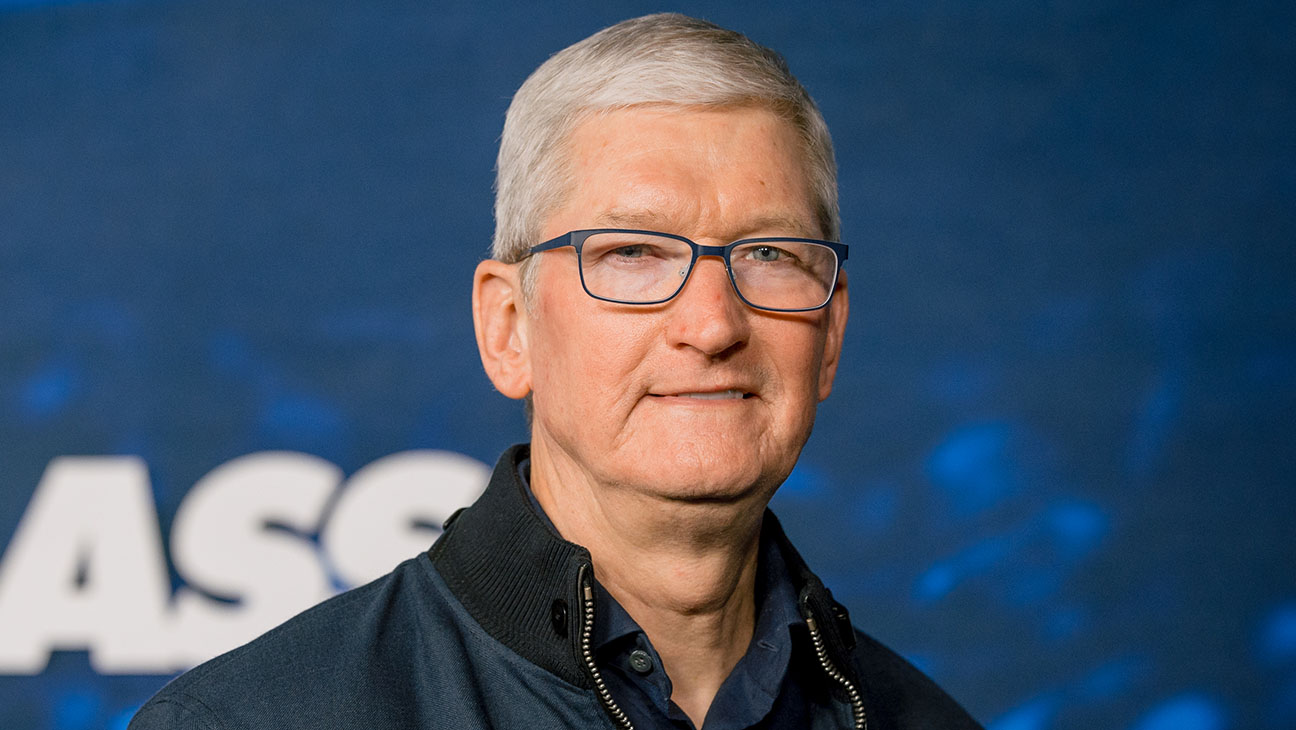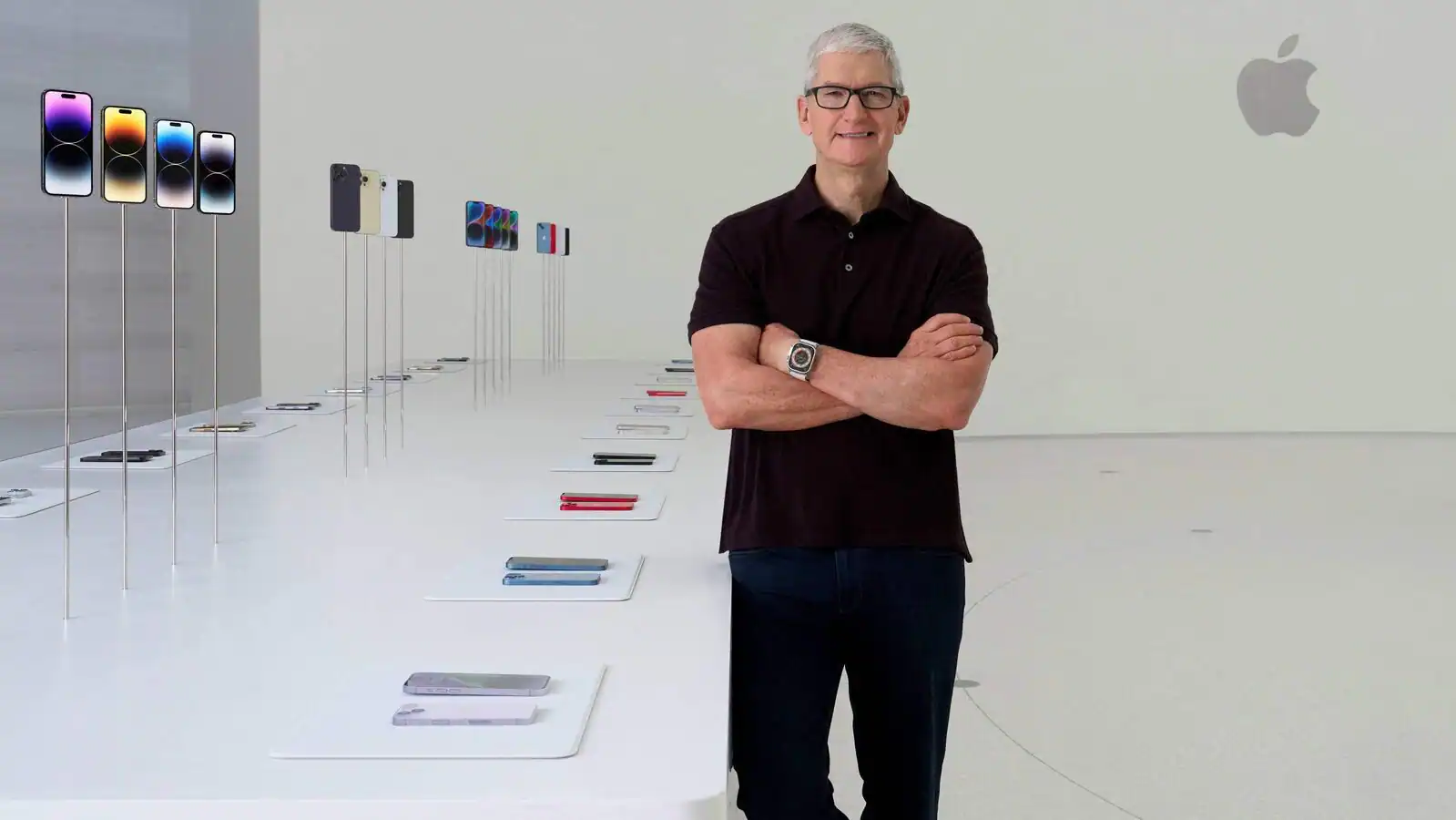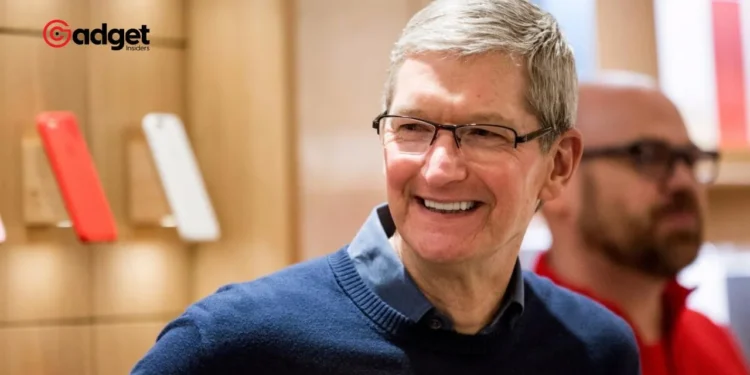As Tim Cook’s impactful tenure at Apple Inc. continues, speculation about his successor grows. Since replacing Steve Jobs in 2011, Cook has led Apple through significant transformations and introduced groundbreaking products.
However, at 63, and with a longer-than-average stint as a Fortune 500 CEO, the tech community is abuzz with questions about who will next lead the innovation giant. The recent focus shifts toward John Ternus, Apple’s head of hardware engineering, hinting at a new era on the horizon.

The Challenges of Transition at Apple
Apple stands at a crossroads, grappling with global regulatory pressures and market dynamics that question its sustained dominance in tech. The company, known for its tight-knit executive team—a cohort of long-time colleagues from the Jobs era—has seen minimal changes in its leadership structure over the years. This stability is both a strength and a constraint as it faces the challenge of transitioning to a new generation of leadership.

In the competitive tech landscape, Apple’s need for innovative leadership is more pronounced than ever. The company confronts dipping smartphone sales, a complex geopolitical dance with production in China, and the need to spearhead the next major product revolution post-Vision Pro and electric vehicles. Amidst this backdrop, Tim Cook discussed succession plans during a candid interview on Dua Lipa’s podcast, emphasizing the desire for his successor to emerge internally, ensuring continuity and adherence to Apple’s vision.
John Ternus: A Potential Successor in the Spotlight
John Ternus, who could potentially offer a decade of stability reminiscent of Tim Cook’s tenure, emerges as a prominent candidate. With a reputation for effective leadership and a knack for presenting Apple’s innovations, Ternus has increasingly become the face of new products, including the recent iPad Pro launch.
His ascent to leadership within the hardware domain and his significant role in key product developments reflect a deep commitment to Apple’s core business of groundbreaking gadgets.
Meet the new iPad Pro: the thinnest product we’ve ever created, the most advanced display we’ve ever produced, with the incredible power of the M4 chip. Just imagine all the things it’ll be used to create. pic.twitter.com/6PeGXNoKgG
— Tim Cook (@tim_cook) May 7, 2024
Apple’s Post-Tim Cook Leadership Future
The trajectory of Apple’s leadership remains a subject of keen interest among investors and industry observers. Analyst Toni Sacconaghi highlights the opacity surrounding the next generation of leaders, a sentiment echoed by several insiders familiar with Apple’s strategy.
The notion that Apple might need an outsider to bring revolutionary ideas, akin to a shift from an “IBM-like” trajectory, contrasts sharply with the prevailing belief in the power of internal leadership continuity.

Apple’s annual Top 100 meeting, where Ternus recently led the presentation on technology strategy, underscores his grooming for a more significant role. His visibility and the responsibilities entrusted to him signal a grooming process, preparing him for potentially larger shoes to fill.
Conclusion: Preparing for a Seamless Transition
As speculation mounts, Apple’s future leadership structure remains under scrutiny. The task of filling Tim Cook’s shoes is daunting but crucial for the company’s next phase of innovation and market leadership.
Whether Ternus or another internal candidate takes the helm, Apple’s strategy appears focused on continuity, a hallmark of its past success. In a rapidly evolving industry, the chosen successor will need to balance the legacy of innovation with the demands of new technological frontiers and market challenges.
The leadership transition at Apple is not merely a change of guard but a pivotal moment that could define the future trajectory of one of the most iconic companies in technology. As Apple navigates this critical phase, the industry watches closely, anticipating the next chapter in a saga of innovation and leadership that has captivated the tech world for decades.










